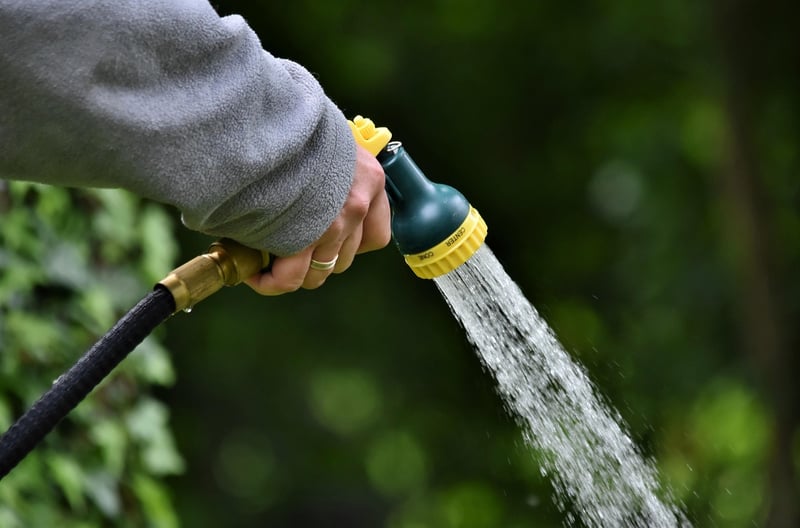Watering Tips
Essential Tips for Healthy Plants and Proper Watering
The Importance of Proper Watering
Watering is a crucial aspect of plant care that directly impacts their growth and overall health. Here are some essential tips to ensure you water your plants effectively:
1. Understand Your Plant's Watering Needs
Not all plants have the same watering requirements. Some prefer moist soil, while others thrive in drier conditions. Research the specific needs of each plant in your care to avoid overwatering or underwatering.
2. Water at the Right Time
Water your plants in the morning to allow for optimal absorption and to prevent excess moisture at night, which can lead to fungal diseases. Avoid watering during the hottest part of the day to prevent water evaporation.
3. Use the Right Amount of Water
Ensure you water your plants thoroughly but avoid waterlogging the soil. Allow excess water to drain out of the pots to prevent root rot. A good rule of thumb is to water until you see it draining from the bottom of the container.
4. Check Soil Moisture Before Watering
Before watering your plants, check the soil moisture level by inserting your finger into the soil. If it feels dry an inch below the surface, it's time to water. For plants that prefer drier conditions, allow the soil to dry out between waterings.
5. Use Room Temperature Water
Avoid using cold water from the tap as it can shock the roots of your plants. Let the water sit for a day to come to room temperature or use collected rainwater for watering.
6. Consider Plant Placement
Place plants with similar watering needs together to make watering more efficient. Grouping plants with high water requirements separate from those that prefer drier conditions will help you avoid over or underwatering.
7. Regularly Monitor Your Plants
Keep an eye on your plants for signs of overwatering (yellowing leaves, mushy stems) or underwatering (wilting, dry soil). Adjust your watering schedule accordingly to meet the needs of your plants.
8. Use Mulch to Retain Moisture
Applying a layer of organic mulch around your plants can help retain soil moisture, reduce evaporation, and regulate soil temperature. Mulch also prevents weed growth and improves the overall health of your plants.
Conclusion
By following these essential watering tips and understanding your plant's specific needs, you can ensure they thrive and remain healthy. Proper watering is key to a successful garden and vibrant, happy plants!

For more information on plant care and gardening tips, visit Gardening Know How.
